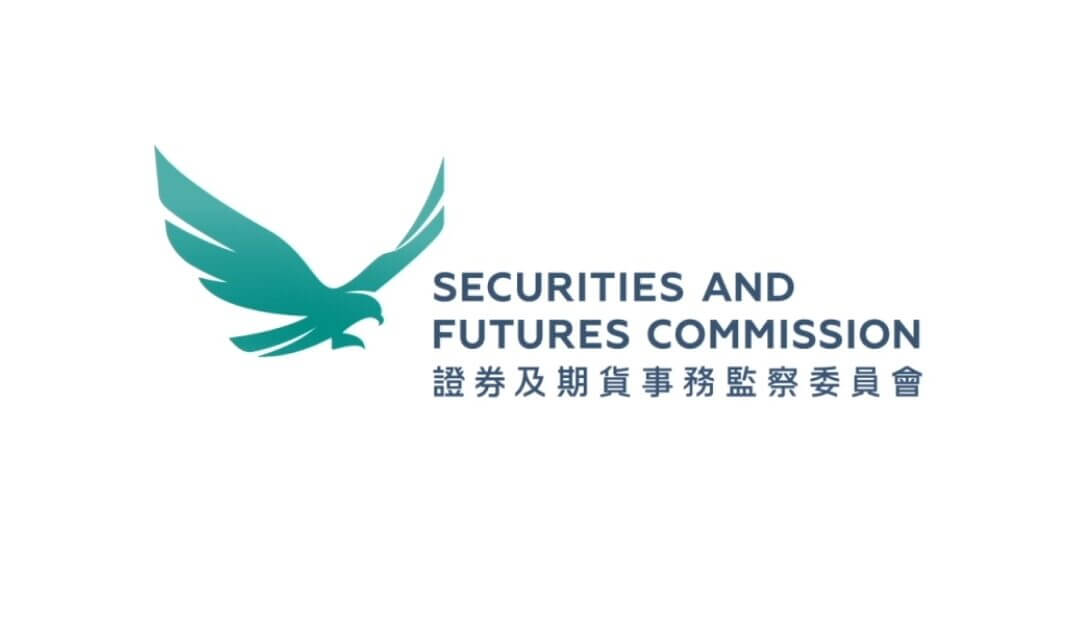
Securities and Futures Commission Hong Kong
Hong Kong is a special administrative region of the People’s Republic of China, located on the eastern Pearl River Delta of the South China Sea. Interestingly, Hong Kong became a colony of the British empire in the 19th century. More than 20 years ago, the United Kingdom returned control of the territory to China. It is worth noting that Hong Kong is a highly developed territory. Moreover, this special administrative region is home to the highest number of billionaires of any city in Asia. Also, it has the largest concentration of ultra-high-net-worth individuals in the world. All the facts stated above underlines the role of the Securities and Futures Commission of Hong Kong.
Importantly, the securities and futures markets in Hong Kong were largely unregulated before 1974 when the legislation was introduced to regulate the industry. A market crash in 1973 triggered this decision. Notably, under the legislation, two separate commissions one for securities and another for commodities trading regulated the industry on a part-time basis.
However, another market crash in 1987 triggered the formation of the Securities Review Committee. Ian Hay Davison was the chair of this committee. In 1988, the Securities Review Committee released its report. Based on the information taken from this report, the committee recommended the establishment of a single statutory body outside the civil service, headed and staffed by full-time professionals and funded primarily by the market. Also, the report proposed to grant the body with broad investigative and disciplinary powers.
In 1989, the Securities and Futures Commission of Hong Kong was officially established as an independent statutory regulator. Importantly, the 1997 Asian financial crisis highlighted the need for additional steps. As a result, further reviews to improve the regulatory regime was conducted after the crisis.
Functions of the Securities and Futures Commission Hong Kong
People should take into account that the Securities and Futures Ordinance came into effect on 1 April 2003, consolidating and modernizing the statutes that previously regulated Hong Kong’s securities and futures markets. Notably, the Securities and Futures Commission of Hong Kong received funds through fees and transaction levies since the early 1990s.
The commission fulfills multiple tasks. For example, setting and enforcing market regulations, including investigating breaches of rules as well as market misconduct. Furthermore, the commission provides licenses and it takes care of intermediaries that conduct activities under the commission’s regulatory responsibility.
Moreover, supervising intermediaries such as brokers, investment advisers, fund managers, and issuing licenses represents only a part of their duties. Also, supervising market operators, clearing houses, share registrars, and alternative trading platforms, exchanges also fall under its jurisdiction. Notably, the commission is working to enhance market infrastructure.
As mentioned above, the commission takes care of multiple roles. For instance, authorizing investment products as well as offering documents prior to their distribution to retail investors. Furthermore, it cooperates with and provides assistance to local, mainland, and overseas regulatory authorities.
Moreover, the Securities and Futures Commission of Hong Kong checks regulations governing takeovers and mergers of public companies, and The Stock Exchange of Hong Kong Limited’s regulation of listing matters. This is not the end of the story, as the commission helps investors understand market operations as well as risks of investing, their rights, and responsibilities.
Importantly, there are four financial regulators in Hong Kong. All of them cooperate with each other to ensures proper conduct in the markets and to prevent financial crime and misconduct. Other regulators are the Hong Kong Monetary Authority, the Insurance Authority, the Mandatory Provident Fund Schemes Authority.
Regulatory collaboration and other interesting details
The Securities and Futures Commission of Hong Kong regulates brokers, fund managers, investment advisers, and intermediaries. For example, entities and individuals dealing in securities, advising on securities, asset management, etc. Let’s have a look at how the commission regulates them.
For example, it sets licensing standards to ensure that all participants are fit and proper. Moreover, it approves licenses and issues codes and guidelines to inform the industry about expected standards of conduct. Also, it determines financial resources requirements. This is not a complete list, as the commission is using various methods to regulate. However, the information stated above helps to understand how the commission regulates and deals with participants.
Apart from brokers, fund managers, investment advisers, and intermediaries, the commission regulates investment products, listed companies, Hong Kong Exchanges and Clearing Limited. Moreover, it also regulates an automated trading service (ATS), providers, Investor Compensation Company Limited, and market participants.
Hong Kong is an international financial center. It means international cooperation is very important for the commission. Moreover, it also boosts investor confidence. For example, the Securities and Futures Commission of Hong Kong is a member of the International Organization of Securities Commissions’ Asia-Pacific Regional Committee.
Moreover, the commission cooperates with overseas regulators. The commission provides training and technical assistance upon request from other regulators.
-
Support
-
Platform
-
Spread
-
Trading Instrument




